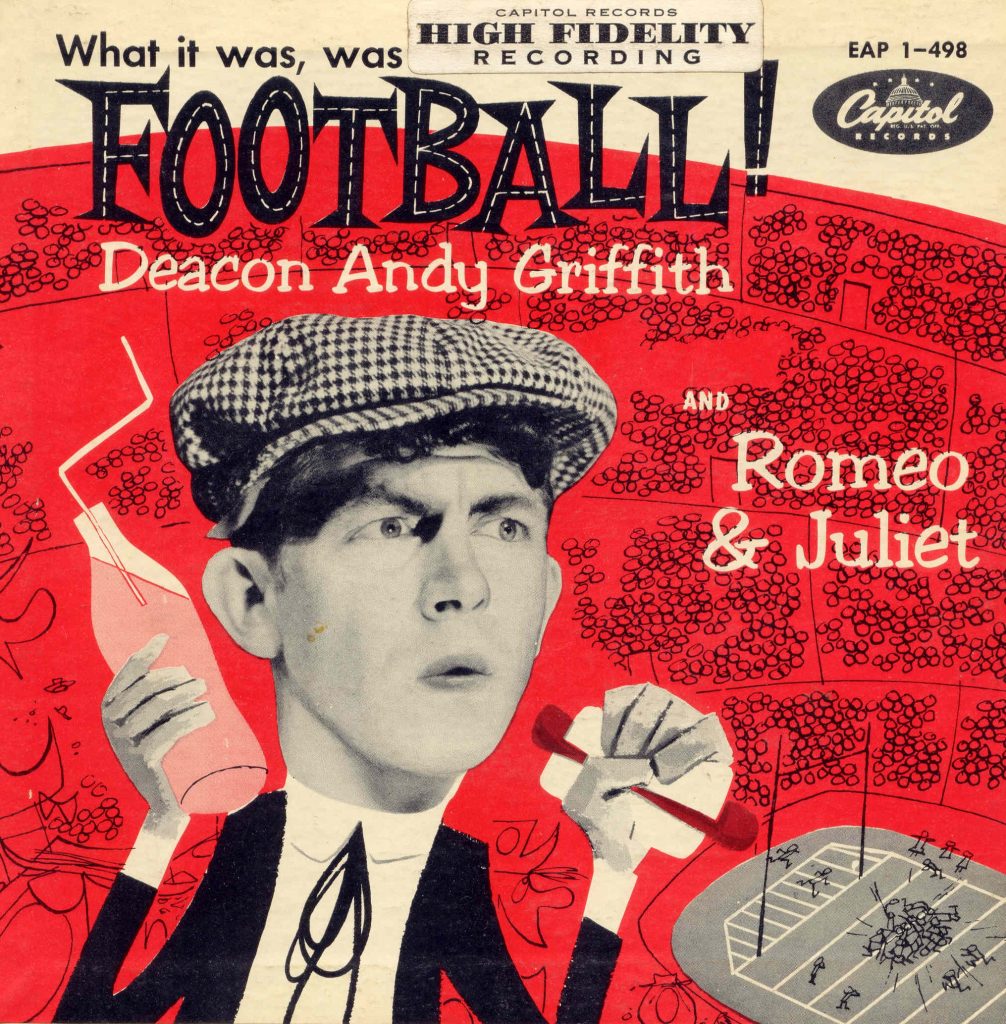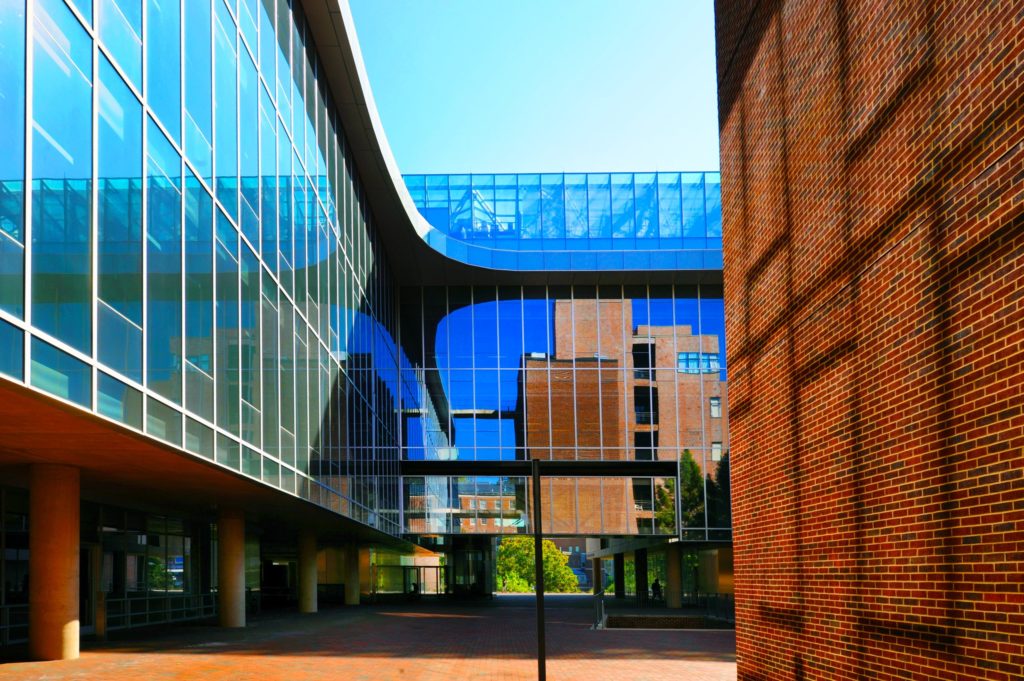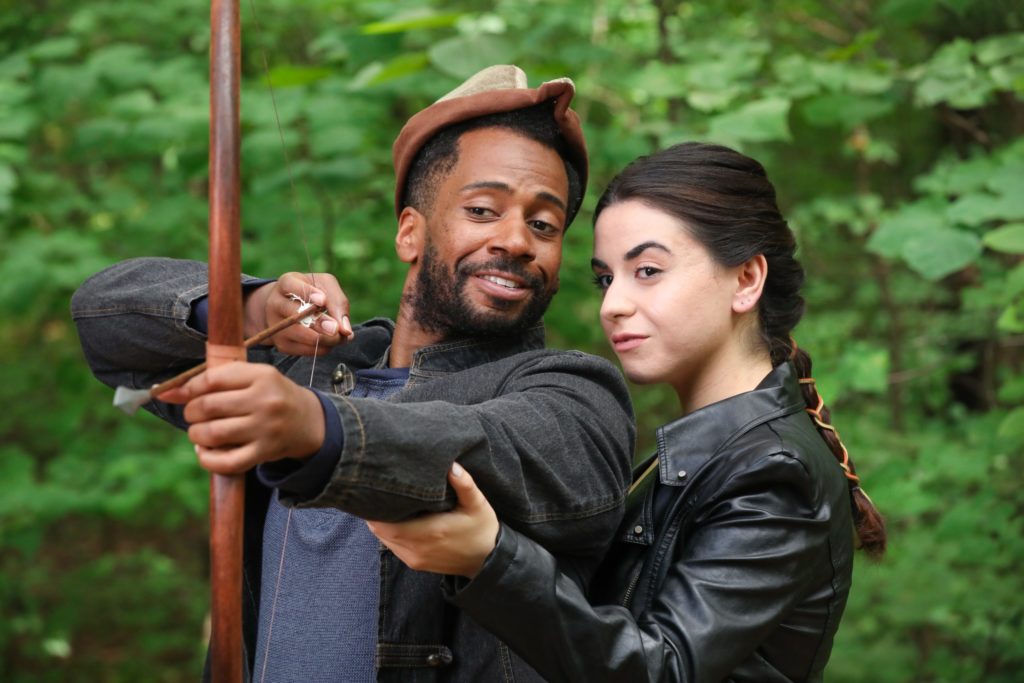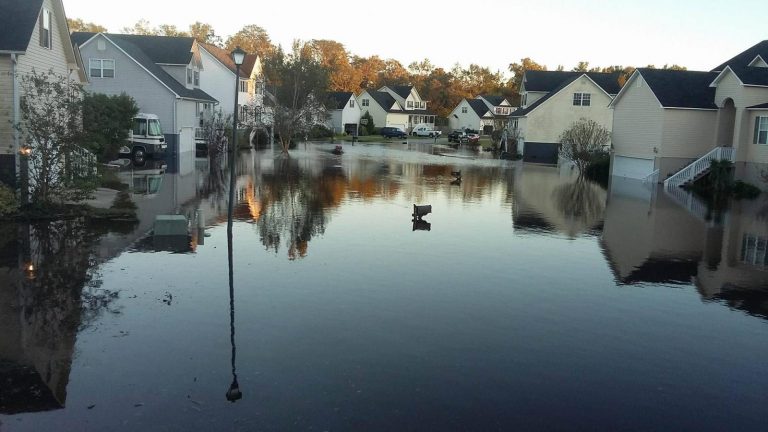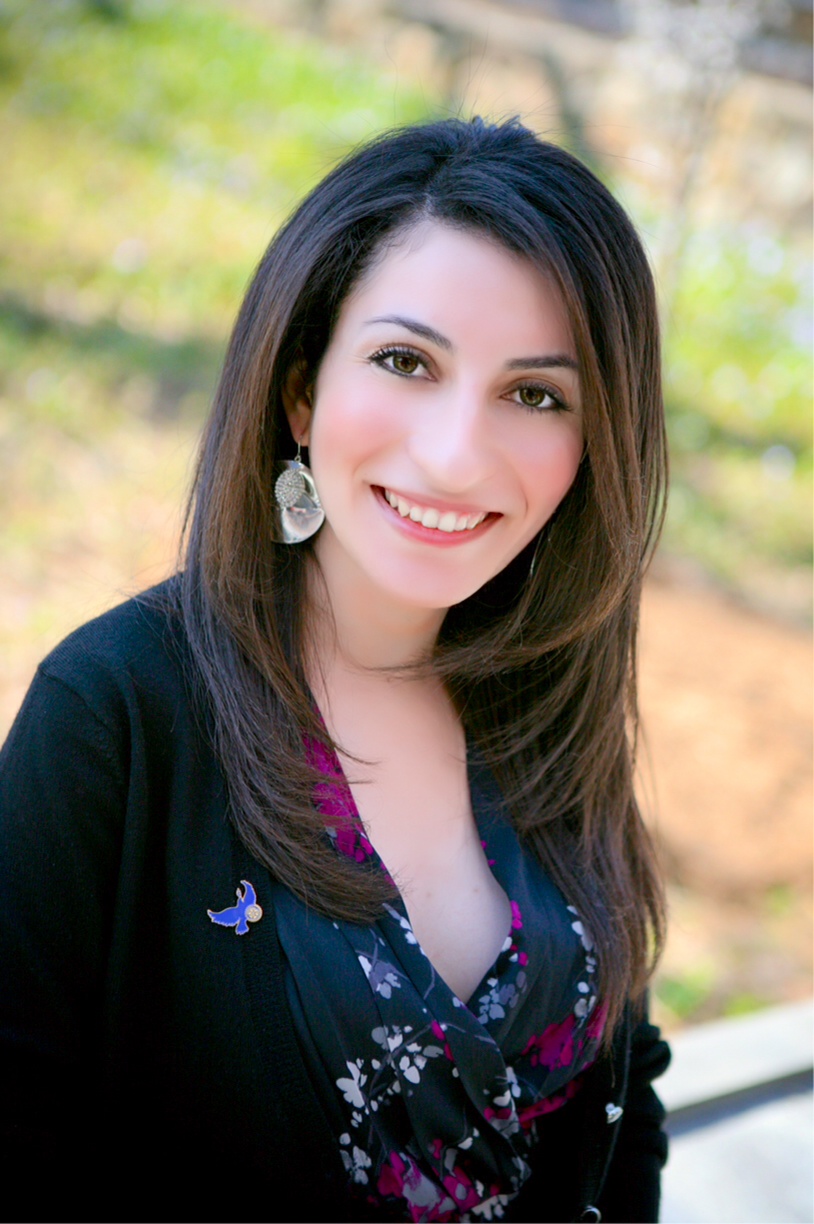
Reem Ghunaim is studying city and regional planning in the UNC College of Arts and Sciences. She is specializing in economic development. She will graduate in May 2014 with a master’s degree in urban planning from the University of North Carolina at Chapel Hill. She will also earn an international development certificate, plus a certificate from Duke in conflict resolution and international peace, as part of her Rotary Peace Fellowship with the Duke-UNC Rotary Center for International Studies in peace and conflict resolution.
Where are you from and what is your country known for?
I am from the Palestinian Territory, which is not a country yet. We are in Israel-occupied Palestine. The Palestinian Territory is probably best known for all of those related tensions. One of the nice things it is known for is that it is considered the home of Jesus Christ, which is Bethlehem. The Church of the Nativity, located at the birthplace of Jesus Christ, is in Palestine. The Jewish, Christian and Muslim communities live there together. The conflict is political and not religious, which is not really being conveyed internationally.
What languages do you speak?
I speak Arabic and English, and I know the basics of French and Hebrew.
Why did you choose to study in the United States? And why at UNC?
I was coming from an area of conflict where the U.S. was part of the conflict, and I wanted to understand the U.S. context. I also wanted to be exposed to another culture. I made some American friends who were in Palestine helping Palestinians, and I wanted to know more about them. They are still very good friends. By living here, I am becoming more knowledgeable about one player in my region.
I chose UNC because Rotary International offered me a fellowship to study in the United States, and here I can study at two schools, UNC and Duke University. I wanted to study city and regional planning. UNC is one of the best schools in the U.S. and one of the top five for urban planning.
What unique perspectives do you feel you bring to your classrooms as an international student?
I think my most distinguished contribution is related to peace building. Most people in classes here have not been in wars. I think I expose them to that aspect of the story and demonstrate that the world outside the U.S. is full of tensions. I think I bring home the discussion about peace and about how we can contribute more to peace with what we do.
Which course at UNC have you enjoyed the most and why?
I have really enjoyed the economic development seminar (PL 773), taught by Meenu Tewari, associate professor in the Department of City and Regional Planning. She helped me see the bigger picture and learn about economic theories, how they are interconnected and how they affect us. I liked the fact that her class does not just focus on theory alone. It is a powerful course. Meenu Tewari is smart, knowledgeable and capable. The discussion is based on principle and not emotion. It helped me view things in a mature, more scientific way, and I could, based on that, contribute better.
Tell us about a professor who has motivated you or helped you.
Again, Meenu Tewari is a good friend, and she is also my advisor. When I first came here, she helped me to understand how to adjust to school. She told me how to study. She was approachable for help. I also appreciate that she teaches using theory, but she is also practical. She considers the different perspectives. She is aware of what is going on outside the United States in the world. She understands that knowledge is interactive. She is able to think across fields. That’s really unique. I literally listen to every word she says, because every word is valuable.
What do you like best about UNC, and how is it different from universities in your home country?
UNC is beyond an education – it’s a history and a story that can be conveyed in different ways. You can internalize it to become your story, or it can have a broader story. I like that it’s a place for many stories, beautiful and sad ones. I also appreciate the resources available to students, such as healthcare on campus, activities and the many places you can go for help. There are more resources than where I was before. And the U.S. is a developed country with no conflict. It’s really interesting to be on a campus that is peaceful. At my prior university, Birzeit University in Palestine, we used to have Israeli soldiers invading the campus. I don’t experience these things at UNC.
What do you like best about living in Chapel Hill, and how is it different from your hometown?
I like the facilities, the variety of food and the student-orientation of the town. Culturally, you have art integrated into the town life. In my hometown, we don’t actually have theatre or art school. It’s not because we don’t like it, there’s just no accessibility. I like that people here enjoy that and it helps to bring that peaceful aspect to the place. I am really glad there are people in the world who can enjoy that.
Which campus activities do you most enjoy at UNC?
I like the International Friends organization on campus. They do activities where they celebrate important events, like Chinese New Year. You can meet with other people and talk. Now I have American friends and international friends who I met there. I became somehow integrated. It helped me to belong here.
If you could introduce student activities from your hometown to UNC students, what would they be?
I think UNC students should be more active politically. For example, we have student elections at our university that are really exciting. For me, as an undergrad, that helped me to formulate my thoughts about politics. Everywhere in the world, politics affect our daily lives. I think maybe student activism should be beyond the classroom and beyond research papers. I would like to see political activities, such as student elections, become more structured, exciting and creative. They could be something that drives people to think and search and have more critical decisions when it comes to politics.
What are you currently reading?
I’m reading about social entrepreneurship for my master’s thesis. I like the fact that entrepreneurs use creative destruction as a tool in order to find the space to empower the community and people, so they foster a bottom-up process. I am really interested in people and community empowerment. I would like to see how social entrepreneurs are doing that, how they contribute to a sustainable economy and peaceful lives.

